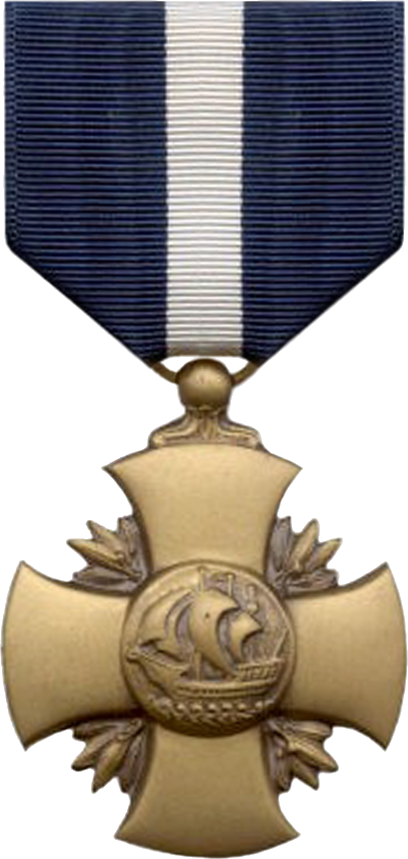Eugene A. Valencia Jr. on:
[Wikipedia]
[Google]
[Amazon]
Eugene Anthony Valencia Jr. (13 April 1921 – 15 September 1972) was a 3rd highest scoring
 :Lieutenant Commander hen LieutenantEugene Anthony Valencia
:U.S. Navy
:Date Of Action: April 17, 1945
:Lieutenant Commander hen LieutenantEugene Anthony Valencia
:U.S. Navy
:Date Of Action: April 17, 1945
United States Navy
The United States Navy (USN) is the naval warfare, maritime military branch, service branch of the United States Department of Defense. It is the world's most powerful navy with the largest Displacement (ship), displacement, at 4.5 millio ...
fighter ace
A flying ace, fighter ace or air ace is a military aviation, military aviator credited with shooting down a certain minimum number of enemy aircraft during aerial combat; the exact number of aerial victories required to officially qualify as an ...
in World War II
World War II or the Second World War (1 September 1939 – 2 September 1945) was a World war, global conflict between two coalitions: the Allies of World War II, Allies and the Axis powers. World War II by country, Nearly all of the wo ...
with 23 claims.
Early life
A native of San Francisco, Valencia was born on 13 April 1921 and attended junior college before enlisting in the United States Navy for flight training in 1941.Naval career
Valencia received hiswings
A wing is a type of fin that produces both lift and drag while moving through air. Wings are defined by two shape characteristics, an airfoil section and a planform. Wing efficiency is expressed as lift-to-drag ratio, which compares the bene ...
in February 1942 and joined Fighting Squadron 9 a year later. During his first combat deployment to the Pacific, he flew Grumman F6F Hellcat
The Grumman F6F Hellcat is an American Carrier-based aircraft, carrier-based fighter aircraft of World War II. Designed to replace the earlier Grumman F4F Wildcat, F4F Wildcat and to counter the Japanese Mitsubishi A6M Zero, it was the United St ...
s from in 1943–44. At the end of the first cruise in February 1944, Lieutenant (JG) Valencia was an ace with seven victories, including three in the large dogfight over Truk Atoll on 17 February.
Promoted to full lieutenant, Valencia prepared for VF-9's next deployment. He trained three other pilots in his "mowing machine" tactics, which became perhaps the deadliest naval fighter division (four planes) of the war. "Fighting 9" flew from and during 1945, and Valencia's division accounted for 43 of the squadron's 130 victories. Valencia himself joined the ranks of the " aces in a day" with six kills over Japan on 17 April, and at war's end all his division's pilots were aces. James B. French had 11 victories, Harris Mitchell 10, and Clinton L. Smith 6. With 23 victories, Valencia remains the United States Navy's third-ranking ace of all time.
Valencia remained in the navy after World War II ended, and served in a variety of roles including ordnance test, transports, and antisubmarine warfare. As a full commander, he was executive officer of VFAW-3, an air defense squadron, from 1958–1960.
Later life
Valencia retired from the navy in 1962 and entered business in Southern California. He died at an aces reunion in San Antonio in 1972, aged 51.Awards and decorations
Valencia's decorations include theNavy Cross
The Navy Cross is the United States Naval Service's second-highest military decoration awarded for sailors and marines who distinguish themselves for extraordinary heroism in combat with an armed enemy force. The medal is equivalent to the Army ...
, six Distinguished Flying Crosses, and six Air Medal
The Air Medal (AM) is a military decoration of the United States Armed Forces. It was created in 1942 and is awarded for single acts of heroism or meritorious achievement while participating in aerial flight.
Criteria
The Air Medal was establi ...
s.
Navy Cross citation
 :Lieutenant Commander hen LieutenantEugene Anthony Valencia
:U.S. Navy
:Date Of Action: April 17, 1945
:Lieutenant Commander hen LieutenantEugene Anthony Valencia
:U.S. Navy
:Date Of Action: April 17, 1945
The President of the United States of America takes pleasure in presenting the Navy Cross to Lieutenant Commander hen LieutenantEugene Anthony Valencia, United States Naval Reserve, for extraordinary heroism in operations against the enemy while serving as Pilot of a carrier-based Navy Fighter Plane in Fighting Squadron NINE (VF-9), attached to the U.S.S. YORKTOWN (CV-10), on 17 April 1945, and deployed over Okinawa in the Ryukyu Islands. Leading his combat air patrol in an aggressive attack against an overwhelming force of enemy fighters intent on attacking our Fleet units, Lieutenant Commander Valencia engaged the enemy and, although outnumbered ten-to-one, personally shot down six hostile planes, probably destroyed another and damaged one. By his expert airmanship, gallant fighting spirit and devotion to duty, he contributed materially to the ultimate destruction and dispersal of the enemy formation and upheld the highest traditions of the United States Naval Service.
References
Bibliography
* Olynyk, Frank. ''Stars & Bars: A Tribute to the American Fighter Ace 1920–1972''. London: Grub Street, 1993 * Tillman, Barrett. ''Hellcat Aces of World War 2''. London: Osprey Publishing, 1996. * * * {{DEFAULTSORT:Valencia, Eugene A. Jr. 1921 births 1972 deaths Military personnel from San Francisco United States Navy officers Aviators from California Hispanic and Latino American military personnel Hispanic and Latino American aviators United States Navy personnel of World War II American World War II flying aces Recipients of the Distinguished Flying Cross (United States) Recipients of the Navy Cross (United States) Recipients of the Air Medal